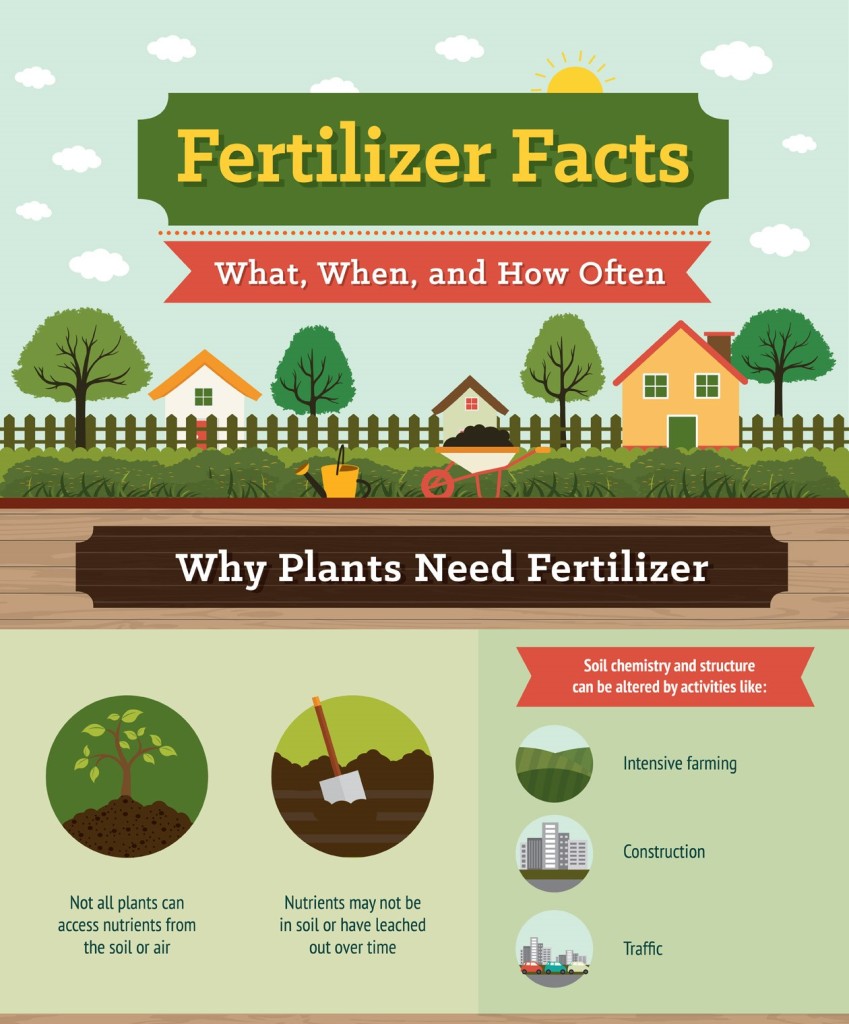
We Master Gardeners are strong promoters of amending soil with organic matter and compost. However, sometimes fertilizer is a choice that home gardeners prefer.
Here’s an article that outlines the basics and could help you decide how much to use, what type and how often.
Please remember that over-fertilization does not benefit plants and runoff has a negative impact on the environment.
For the full article, click Fertilizer Facts – shared by Fix.com
Benefits of Compost vs Fertilizer – Compost feeds the soil and fertilizer feeds the plants. Fertilizer adds to the soil’s nutrient supply, but instead of feeding the soil food web, the ingredients in fertilizers are intended to meet the needs of fast-growing plants.
Compost is the result of various decaying organic substances — think manure and dead leaves —being mixed together. Once formed, compost works to feed the soil.
Fertilizer is one of a large number of natural and synthetic materials, which can include manure,nitrogen, phosphorus and potassium compounds. It can be spread onto or worked into soil as ameans of supporting plant growth.
Compost can:
- Promote healthy microbe growth within soil.
- Feed the entire soil food web, which in turn enhances the health of natural soil.
- Create a more nutrient-rich soil which enables plants and vegetables to feed themselves.
- Foster earthworms.
- Aerate soil and enable it to retain moisture thanks to improved drainage and water retention.
- Assist in the resistance against disease for tomatoes and various types of vegetables.
- Control weeds.
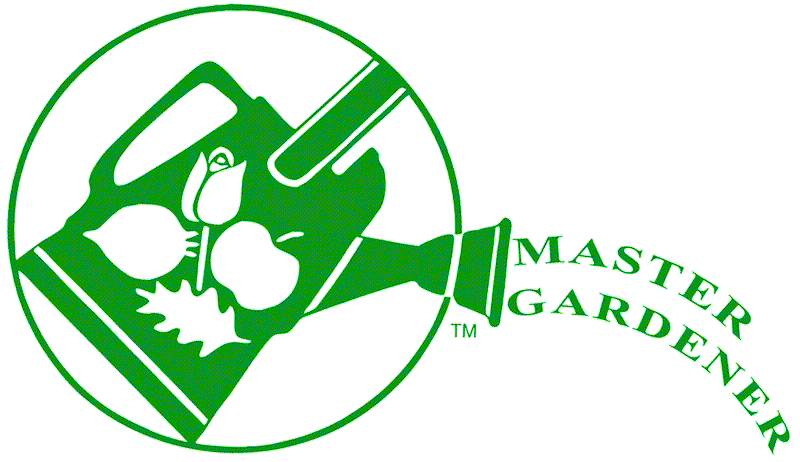
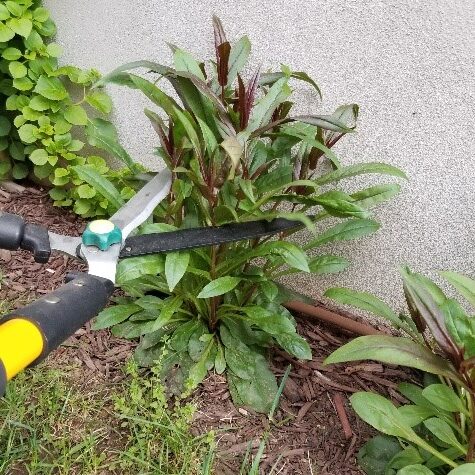
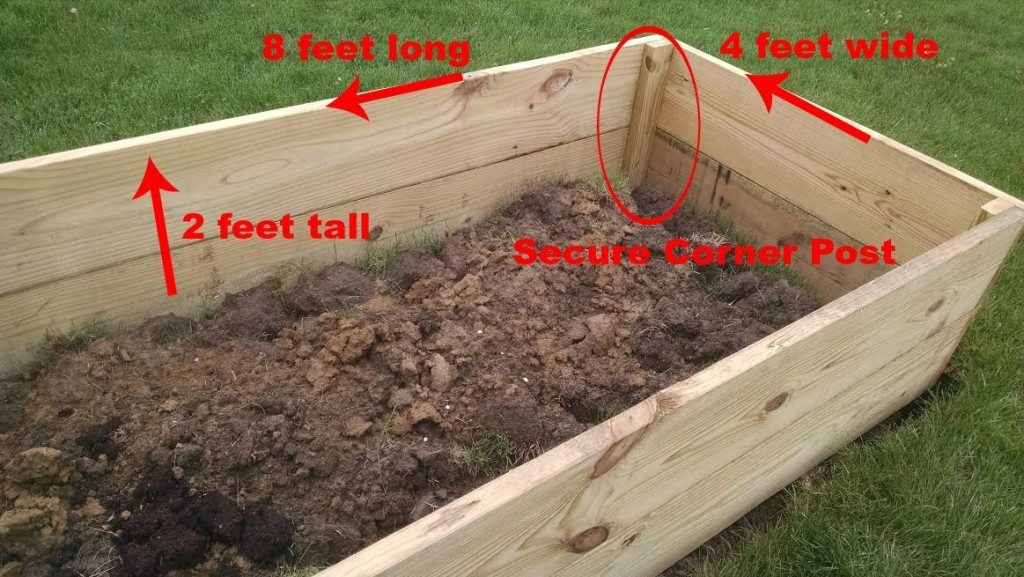
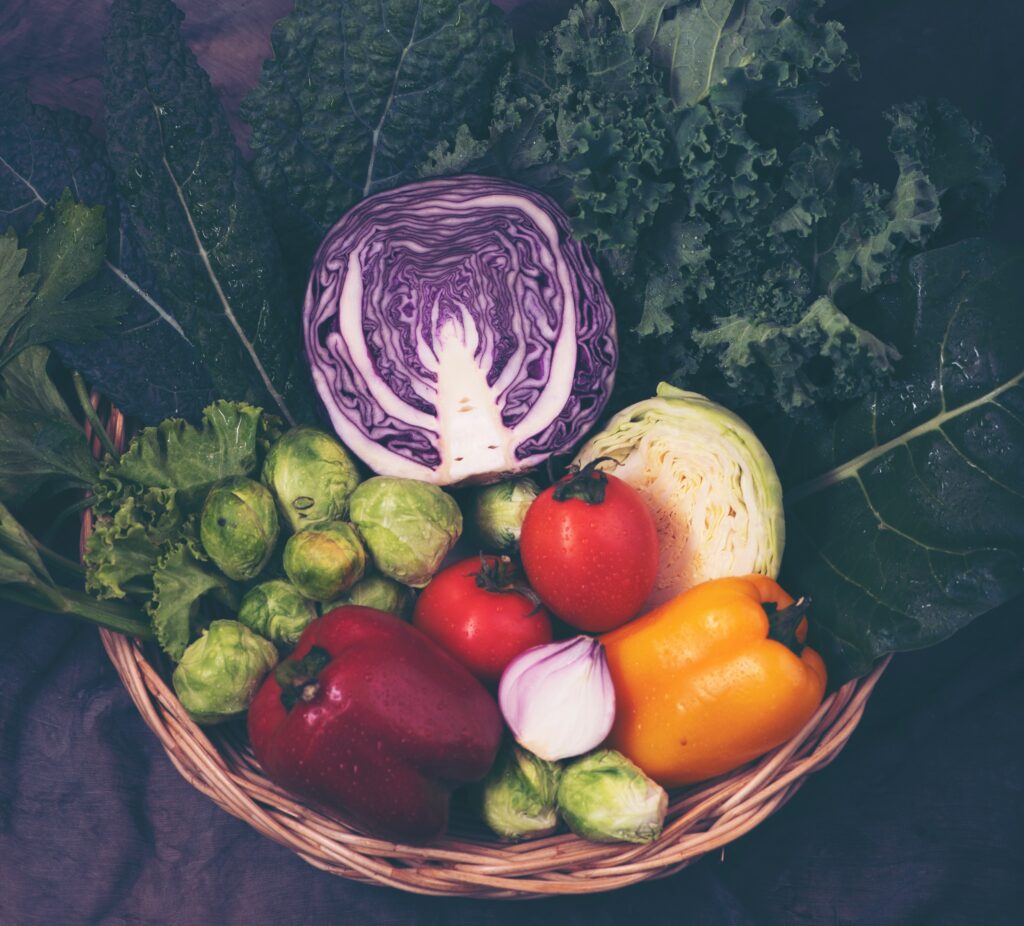
About The Author: Armstrong
As an author and editor, Linda directs her lifelong love of nature and plants to concerns about our environment and how we can do better. In addition to decades of gardening experience, and training as a master gardener, Linda focuses on learning from leading science-based educators and writers, and in the process finds that she uncovers many gardening myths.
More posts by Armstrong